
China
23:09, 26-Jun-2017
Young Chinese pressured into blind dating
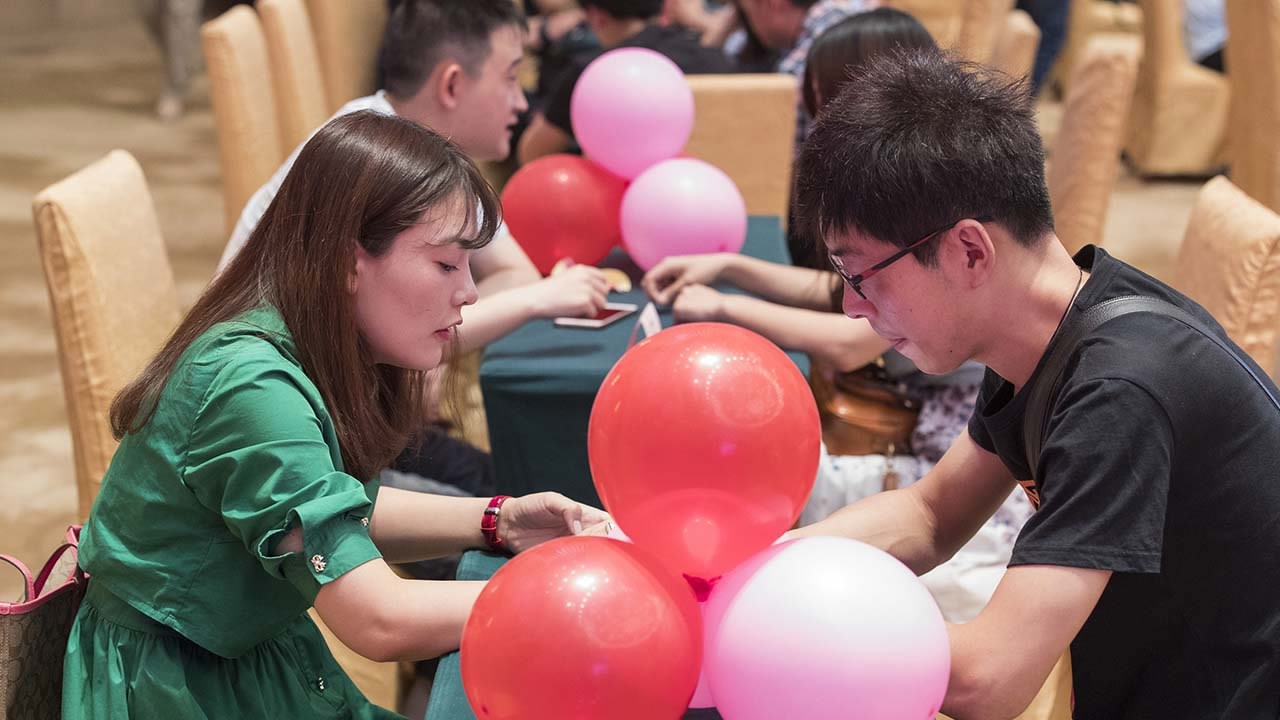
By CGTN's Wang Hui
In China, women are usually expected to marry at around 25 years old. But more and more women aged 30 or above are still single. And the size of this group, so-called “left-over” women, reached up to nearly six million in 2015. Facing the intensifying pressure, many young people born after 1990s can’t wait to ask match-making agencies for help.
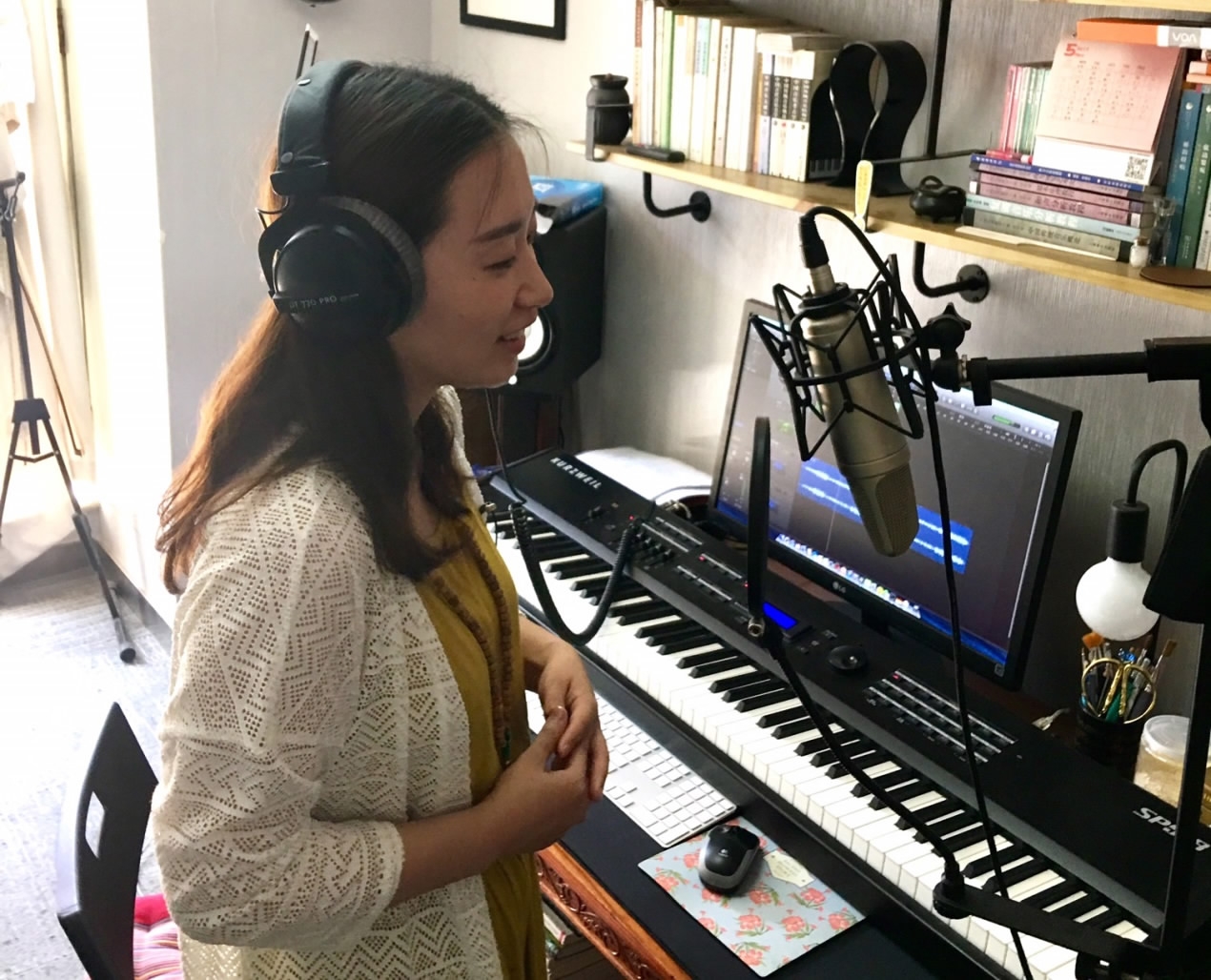
Zhang Xi is singing on camera. /CGTN Photo
Zhang Xi is singing on camera. /CGTN Photo
Zhang Xi, a 25-year old music producer, is writing a song called Mom Says. Repetitively being pushed by her parents to end the status of being single, she said, “My parents are very anxious! In the evenings and mornings, when they see me, they will say it’s good for me to finish work early and to go on a date. They tell me that every single day."
Aware that many older women are having a hard time finding a mate, Zhang decided to turn to a match-making agency for romance.
"I became afraid that if I marry late, the good guys will all be taken by others," Zhang said.
Zhang thinks it’s worthwhile to pay about 10,000 yuan (1,500 US dollars) for a six-month service. The agency will hitch her with about 12 male candidates.
Zhang is not an exception. Combating fierce competition in the husband-hunting market, many young women choose to act early. The manager of Xiangyuweiming Matching Agency, Fang Yuanyuan, said, "We have seen a rapid increase in our clients who are born after 1990 in the past two years. About half of our newly signed clients are among the group, and the youngest one is only 22 years old. "
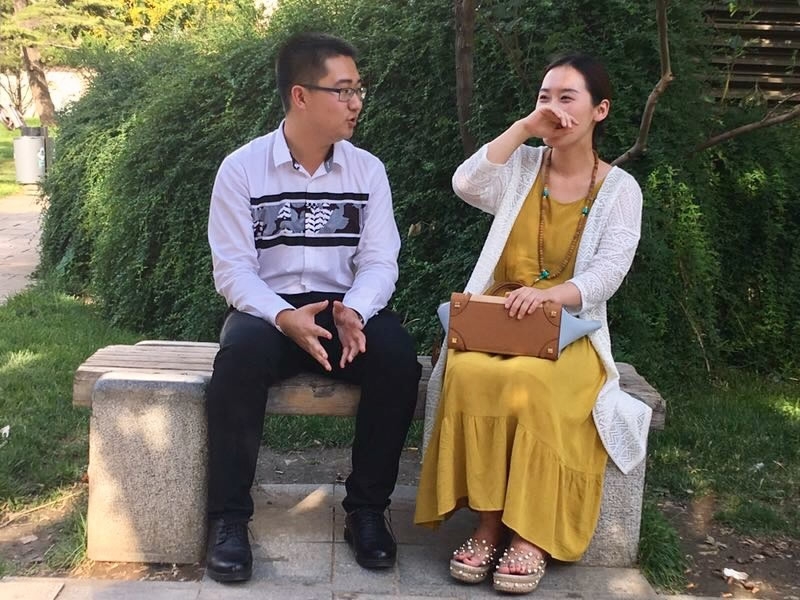
Blind dating between a girl and her husband candidate. /CGTN Photo
Blind dating between a girl and her husband candidate. /CGTN Photo
Young women are afraid of becoming “left behind”. It’s partially caused by a clash between China’s traditional social values, and so-called limited supply of desired men.
Wang Guangzhou of the Directory of Statistics Office of Institution of Population and Labor Economic at the Chinese Academy of Social Sciences said, “It’s affected by a Chinese traditional marital model. A woman expects to find a guy with better social, economic and education status, which makes things hard for the women on top of the circle to find someone better than her. "
As we usually say, A-Class guys marry B-Class women, leaving a vacancy for class-A women to marry into. What’s worse in reality, the number of qualified A-class male candidates is getting smaller. It was triggered by China’s expansion of higher education students.
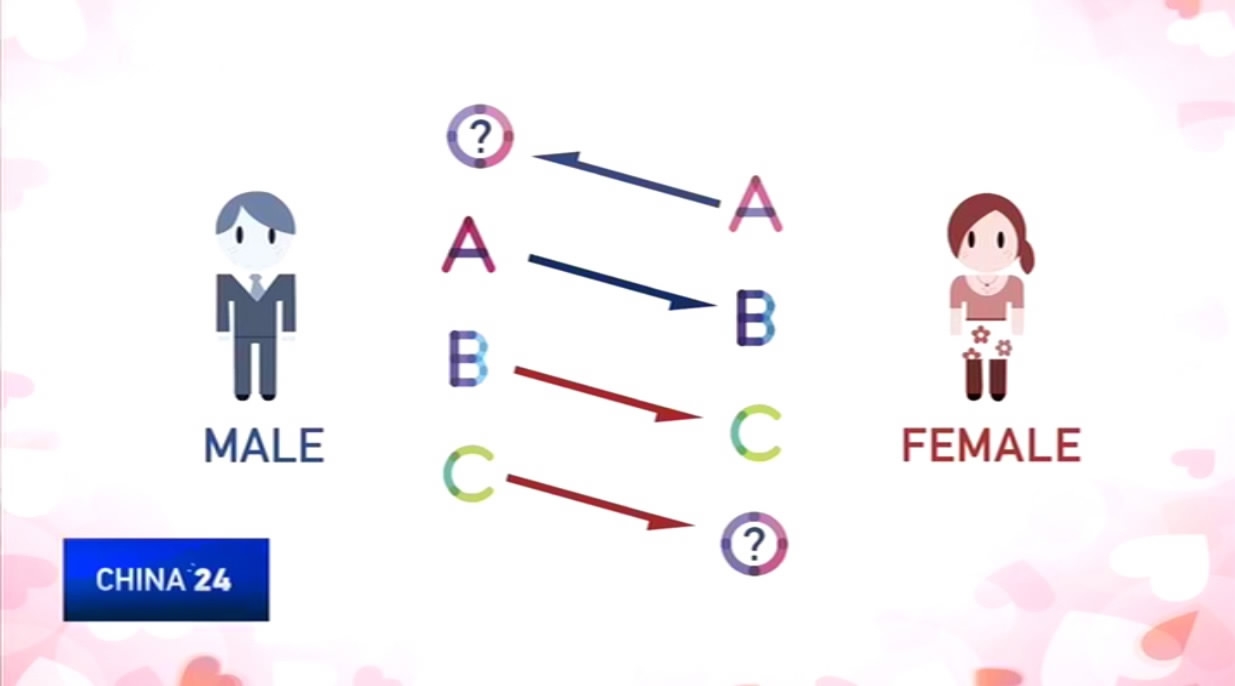
Screenshot of China 24. /CGTN Photo
Screenshot of China 24. /CGTN Photo
China started increasing its recruitment of students of higher education in 1999. According to the Chinese Academy of Social Sciences, in 1998, recruitment numbers were less than 1.1 million students. Demographics saw a two-to-one split in favor of male students. This meant that on average, each female student could have two males chasing after her. But later on, these circumstances witnessed a remarkable shift.
China’s rapid economic development provides more opportunities for women to receive higher level of education.
In 2015, recruitment numbers were up to nearly 7.4 million, with the ratio of male to female students dropping to 1 to 1.1. Female students now exceed their male counterparts. So the option for those outstanding women has shrunken dramatically.
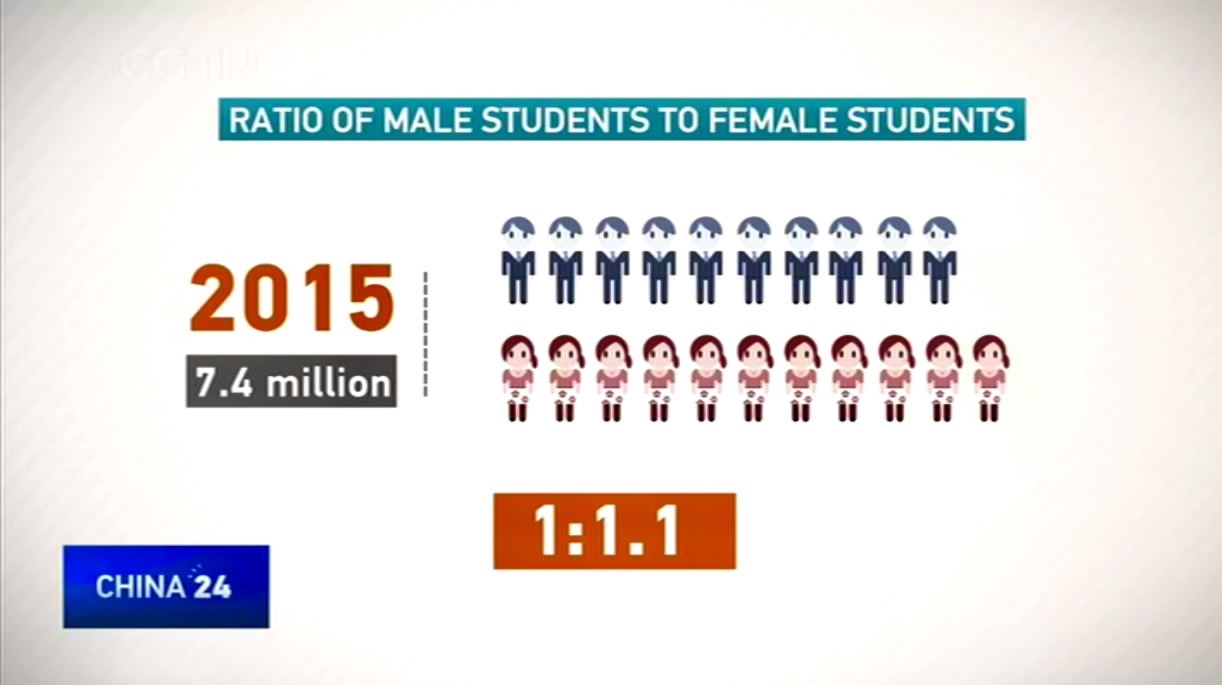
CGTN Photo
CGTN Photo
Under this kind of situation, Zhang wants to seize every possibility.
As Zhang wrote in her song, although she doesn’t know when she will encounter her Mr. Right, she will wait patiently for her wedding song to play her tune.

SITEMAP
Copyright © 2018 CGTN. Beijing ICP prepared NO.16065310-3
Copyright © 2018 CGTN. Beijing ICP prepared NO.16065310-3